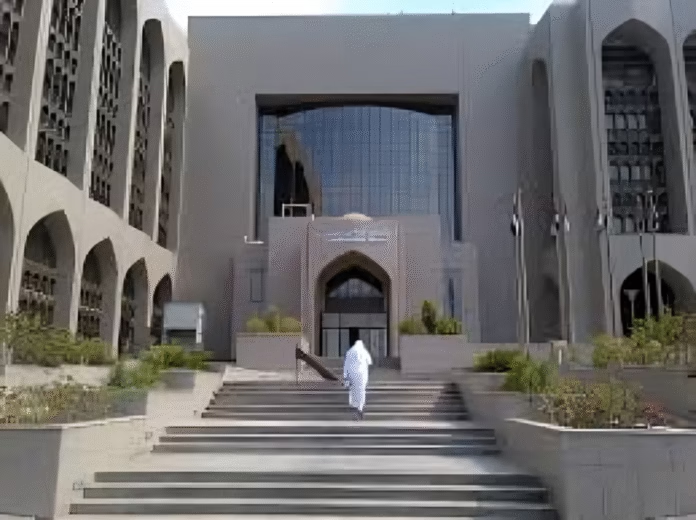The Central Bank of the UAE (CBUAE) has introduced one of its most extensive enforcement drives in recent years. Notably, the UAE central bank has imposed more than Dh370.3 million ($101 million) in fines since the start of 2025.
In addition, these sweeping penalties have targeted banks, money exchange houses, insurers, and finance companies. So, it highlights the intensified examination of the regulator in the financial sectors.
UAE Central Bank Heavy Penalties and License Revocations
As per the statement, the CBUAE has imposed sanctions against the organization mentioned below:
- 13 money exchange firms
- Seven insurance and brokerage companies
- 10 banks—including three foreign lenders
- One finance company.
Personal accountability is included in some cases. For example, a manager was fined Dh 500000 and held specialized financial roles. However, the most severe action came in May when a money exchange company was fined Dh 200,000, and its branch manager faces additional penalties. Earlier this year, another firm faced a Dh100 million fine, and many foreign banks were sanctioned with multi-million-dirham fines.
The regulator also stopped licenses of many exchange houses, like Gomti Exchange and Al Hindi Exchange, and restricted operations at foreign insurers. Moreover, a local bank was ordered to suspend hiring new Islamic bank customers for six months after inspectors found compliance failures.
Focus on Compliance and Transparency
The inspection announced violations in the three areas mentioned below:
- Non-compliance with UAE federal laws governing licensed institutions
- Weak anti-money laundering (AML) and counter-terrorism financing (CFT) systems
- Breaches of consumer protection and market conduct rules
The regulator said, “The Central Bank will not tolerate violations that block clarity, customer protection, or the integrity of the financial system.
Banking analyst Ahmed Youssef said that the crackdown shows a commitment to transparency and empowers the reputation of the UAE as a trusted global financial hub. Moreover, he highlighted the timing, coming just months after the EU removed the UAE from its high-risk money laundering risks.
Strengthening the UAE’s Financial Hub Status
Analyst Amjad Nasr described the campaign as a “proactive supervisory model” that aims at forcing institutes to modernize their compliance framework. In addition, he highlighted that fines are the corrective tools, not punishments.
The UAE has long sought to balance fast economic growth with international compliance standards. Thus, experts warn that you could risk blocking by global watchdogs if you fail to meet the benchmark. Remember, these watchdogs might deter the foreign investment.
Source:
Read more:
Mohammed Rizwan and Babar Azam are not a part of the Pakistan Asia Cup 2025 squad.



